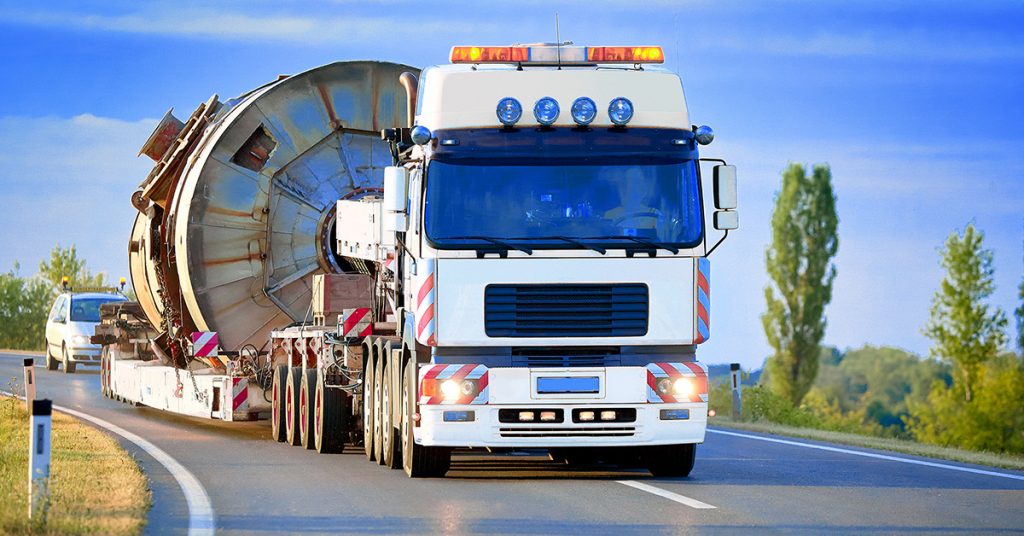Intensive Trainings

- This event has passed.
Emergency Response for Oil and Gas
26th June 2019 - 28th June 2019
Event Navigation
Overview
This 3-day course provides a comprehensive overview of the emergency response requirement for downstream oil & gas. The course is highly interactive and requires full participation of all students. The course provides a detailed insight into the practical realities of emergency response in downstream oil & gas while being presented by a very experienced senior emergency responder with extensive practical international experience.
The course provides an overview of a few major incidents followed by a discussion to emphasise the importance of emergency preparedness and emergency response planning. Emergency management basics such as emergency preparedness, response and recovery, and management phases are also included to ensure a strong foundation for the program. Trainees will also have a practical lesson in anticipation and assessment after learning about accident scenarios through a video and class discussion followed by constructing their own assessment. Prevention and mitigation consists of learning about the regulations for COMAH as well as ALARP principles in order to mitigate risk in the installations.
Technical and safety studies would educate attendees about the physical effects modelling which will enlighten them about escape and rescue assessments. Understanding the difference as well as the importance between plans, procedures and planning cycles falls under emergency preparations. It is imperative to understand the emergency response and crisis management command structure , roles and responsibilities and chain of command in any response plan for it to run smoothly. There will be a drill and exercise to show that the theoretical knowledge gained from the course is of practical use as well. This will test human factors, emergency equipment, mutual aid and the effectiveness of emergency control centres.
The program also caters to the geography of incidents, damage to infrastructure, media statement, response to wide area incidents and modifying existing plans to manage incidents. Disaster risk management cycle, recovery strategy, deployment and social impacts of emergencies are part of the recovery process of the emergency response plans.
Who Should Attend
• Managers
• Supervisors
• HSE professionals who may be required to develop emergency or crisis response plans or exercises
Key Learning Objectives
• Define the requirements and importance of emergency and crisis response management
• Discuss aspects of integrated emergency management
• Generate appropriate emergency and crisis response documentation



